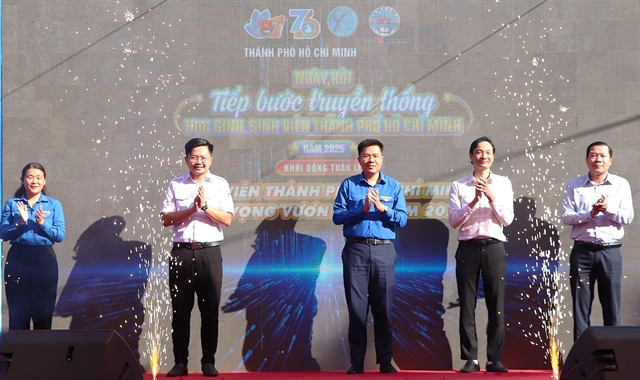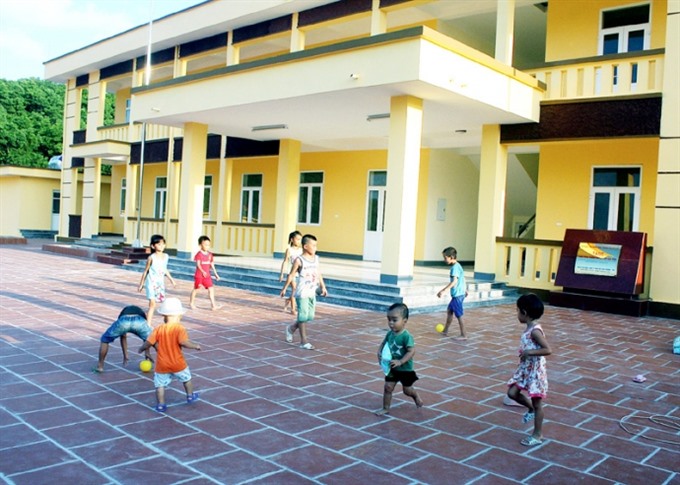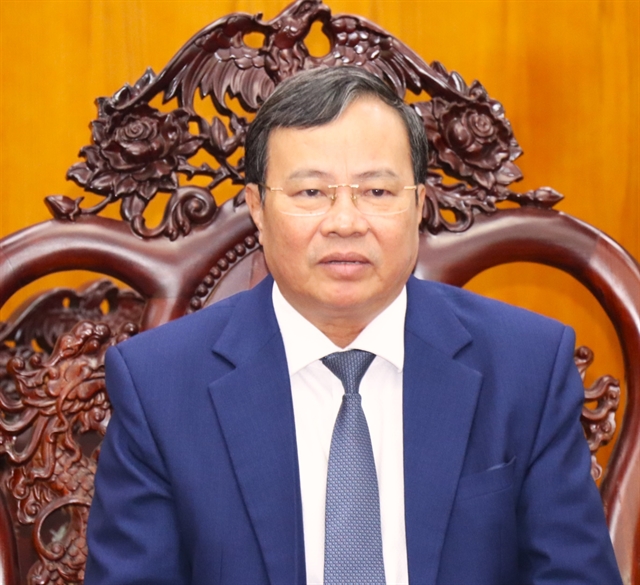 Society
Society

The Party and the State should pay more attention and investment in teachers and students on islands, especially supportive policies, teachers from remote islands have said.
 |
| Students play in a school on the Cô Tô Island District, the northern province of Quảng Ninh. — Photo baoquangninh.com.vn |
HÀ NỘI – The Party and the State should pay more attention and direct more investment to teachers and students on islands, teachers from remote islands have said.
At the conference with the Ministry of Education and Training on Sunday, teachers from remote islands argued for policies that improve the quality of teaching and studying.
Nguyễn Thị Bích Thủy, teacher at Lại Sơn Primary School in southern Kiên Giang Province’s Lại Sơn Island Commune, said that she hoped to narrow the gap between island students and mainland ones.
Students on islands should have access to information technology such as desktops and foreign language rooms, she added.
Nguyễn Thị Hợi, teacher at Ngọc Vừng Secondary School in northern Quảng Ninh Province’s Vân Đồn Island District, agreed, saying that IT access on islands is still quite restricted.
Her school was an example. The school has two sories and eight classrooms, but the number of students is equivalent to nine classrooms, forcing the school to use a boarding room as a classroom.
“We hope to build more classrooms, a functional room and a lab as places of practice for students,” she said.
Phan Hồng An, teacher at Phước Thể Secondary School in central Bình Thuận Province’s Tuy Phong Island District, said that island students had not yet had their school fees reduced or supported. Thus, it is difficult to persuade parents to let their children go to school instead of going fishing.
Đoàn Văn Kiều, teacher at Sơn Hải Secondary School in southern Kiên Giang Province’s Kiên Lương Island District, agreed.
Kiều said most of students at his school dropped school when they finished the ninth grade, as there was no high school on the island.
Any students who want to continue their education must leave the island to go to the mainland, a move only the rich can afford, he said.
Kiều suggested the ministry supportes finance for students who wish to continue their education.
In terms of policies for teachers, most said that their wages are still low compared to travelling and living costs.
Most goods on the island are more expensive than that in mainland. For instance, a kilogramme of vegetables is VNĐ 10,000 (US$0.4), while its price is VNĐ 4,000 ($0.16) on the mainland.
Lê Xuân Quyết, teacher at Song Tử Tây Primary School in central Khánh Hòa Province’s Trường Sa Island District, suggested that the ministry take measures to help teachers access more information to improve their knowledge.
At the conference, Minister of Education and Training Phùng Xuân Nhạ said that the ministry will focus on projects to invest in facilities for island schools and hold training courses for teachers.
It will also raise funds for students who had good performance at schools but could not continue their studies. The ministry would ask school principals to free school fees for such students.
For the more complicated issues, the ministry will propose measures to the Government, he said. — VNS

.jpg)


